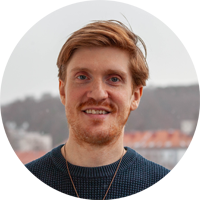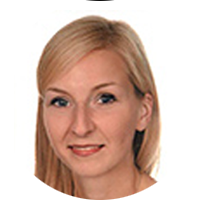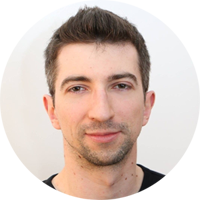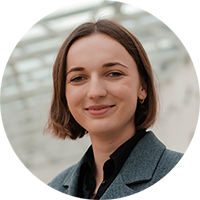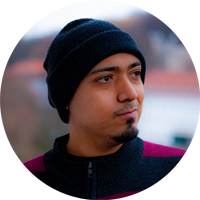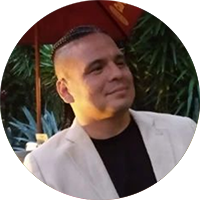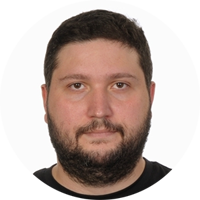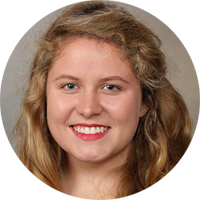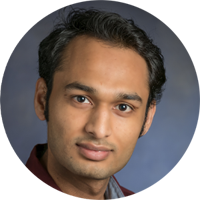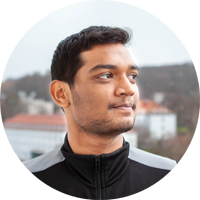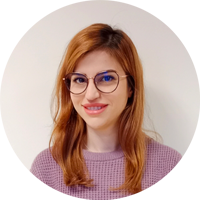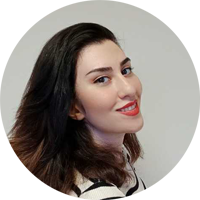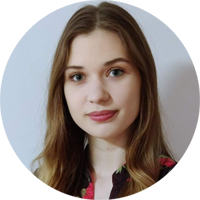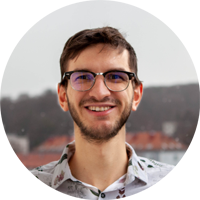jest założycielem Laboratorium Elektrofizjologii Mózgu i Umysłu (BME) w Centrum BioTechMed Politechniki Gdańskiej. Laboratorium BME koncentruje się na badaniu aktywności mózgu leżącej u podstaw pamięci i wyższych funkcji poznawczych za pomocą technologii do wewnątrzczaszkowej wieloelektrodowej rejestracji i stymulacji głównie u pacjentów z padaczką. Celem tych badań jest odkrycie elektrofizjologicznych substratów engramów i ludzkiego umysłu, aby opracować terapie neuromodulacyjne w celu ich przywrócenia w padaczce, demencjach, chorobach psychiatrycznych i innych chorobach mózgu.
Dr Kucewicz jest z wykształcenia elektrofizjologiem. Ukończył studia neurobiologiczne na Uniwersytecie Cambridge i studia doktoranckie w zakresie elektrofizjologii funkcji pamięci na Uniwersytecie w Bristolu w Wielkiej Brytanii. Jego badania podoktorskie w Mayo Clinic w USA wykorzystały wewnątrzczaszkowe zapisy mózgu i stymulację u pacjentów z padaczką poddawanych inwazyjnemu monitorowaniu napadów lekoopornych w celu zbadania aktywności neuronalnej wspierającej przetwarzanie pamięci. W tym czasie w Mayo Clinic dr Kucewicz brał udział w jednym z flagowych projektów amerykańskiej inicjatywy BRAIN o nazwie „Restoring Active Memories” (RAM) finansowanym przez DARPA. Zespół, którym kierował w Mayo Clinic, odkrył, że bezpośrednia stymulacja elektryczna w bocznej korze skroniowej poprawia ludzką pamięć werbalną nawet u pacjentów bez żadnych deficytów pamięci.
Jego laboratorium BME pracuje obecnie nad wszczepialnymi urządzeniami i technologiami do ciągłego nagrywania i inteligentnej stymulacji mózgu podczas codziennego życia. Badania te rozwijają interfejsy mózg-komputer (BCI) nowej generacji do adaptacyjnych terapii neuromodulacyjnych wykorzystujących sztuczną inteligencję i analizę Big-Data z miesięcy i lat rejestrowania aktywności elektrofizjologicznej, które są przesyłane strumieniowo z wszczepionego urządzenia do środowiska chmury w celu optymalizacji terapii stymulacyjnej u każdego pacjenta. Przewidywane wyniki mają na celu spersonalizowaną telemedyczną diagnostykę, monitorowanie i leczenie deficytów pamięci i funkcji poznawczych za pomocą adaptacyjnej neuromodulacji.
Badania dr Kucewicza były stale wspierane przez prestiżowe krajowe i międzynarodowe granty Fundacji na rzecz Nauki Polskiej, Narodowego Centrum Nauki w Polsce oraz innych europejskich programów badawczych. Jest recenzentem tych i innych ważnych programów, w tym grantów Horizon Europejskiej Rady ds. Badań Naukowych, a także wiodących czasopism, takich jak Science Adavances, Nature Communications, Nature Human Behavior czy Brain. Dr Kucewicz został uznany za naukowca roku przez oddział neurologii w Mayo Clinic, gdzie obecnie zajmuje stanowisko adiunkta.
Poza osiągnięciami naukowymi, dr Kucewicz jest kochającym mężem i ojcem czwórki dzieci. Prowadzi misję międzynarodowej wspólnoty katolickiej Cor et Lumen Christi w Polsce, która głosi Ewangelię potwierdzoną proroctwami, uzdrowieniami i innymi nadprzyrodzonymi znakami.

